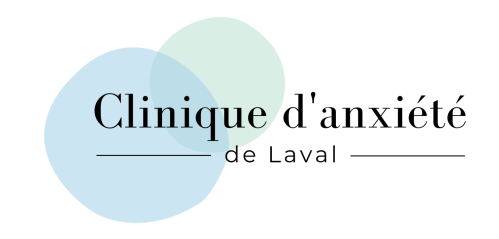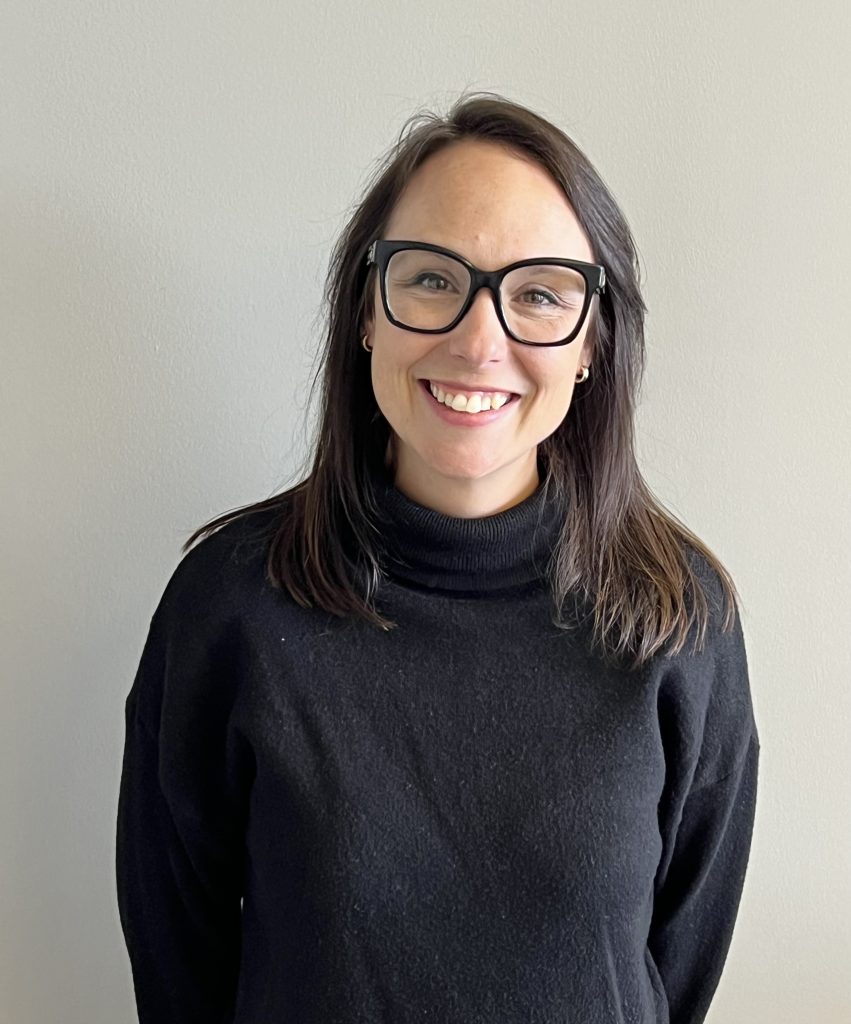On September 22, 2022, Law 25 was enacted, which pertains to the standards surrounding the practice of healthcare professionals, including psychotherapy clinics. With the implementation of these new obligations, it becomes important to obtain clear, free, and informed consent for the collection and processing of personal information.
LThe Anxiety Clinic of Laval is committed to being responsible for the protection of personal information recorded via electronic means or on paper. To this end, co-owner and psychologist Myra Gravel Crevier becomes responsible for the security of personal information.
Myra Gravel Crevier
3131 boul. de la Concorde Est,
Suite 309, Laval, H7E 4W4
Québec, Canada
Website : https://www.psychologuesanxietelaval.com
E-mail : info@cliniqueanxietelaval.com
Phone number: 450-664-7667
The obligations related to Law 25 are diverse:
- Apply the Law on the Protection of Personal Information;
- Respond to requests related to personal information;
- Establish governance rules for personal information;
- Maintain records of personal information communication;
- Maintain a record of privacy incidents involving personal information;
- Notify the Commission d’accès à l’information of any privacy incidents involving personal information.
Informations recueillies via notre site internet
Your personal information (e.g., name, email, phone number, reason for consultation) is collected through the online form on our website or on our voicemail, both of which are secured with passwords. By providing your contact information in the electronic registration form, you consent to receiving information and communications from the Anxiety Clinic of Laval via email or phone. You have been invited to specify if it is possible to leave you a voicemail. Otherwise, no voicemail will be left. This information is collected by the clinical coordinator or the clinic’s co-owners to perform a pre-assessment of needs to ensure compatibility with the services offered by the clinic. Otherwise, you will be directed to other resources such as your family doctor, CLSC, 811 option 2, or the website of the Order of Psychologists of Quebec. The goal is to gather enough relevant information to get in touch with you and make a good match with one of our psychologists or psychology doctoral candidates for psychotherapy.
Psychothérapie et confidentialité
Once your assessment file is submitted and taken care of by a psychologist or psychology doctoral candidate from our team, they will continue the process with their own assessment and collection of information that will be documented in the professional’s file. This personal information will be regulated and protected by the “Regulation on the Keeping of Records and Consultation Offices of Psychologists” and the “Code of Ethics for Psychologists.”
During psychological follow-up, confidentiality is respected and protected unless certain legal obligations arise, such as:
- Preventing potential harm in cases of homicidal risk.
- Alerting authorities in cases of imminent suicidal risk.
- Providing a client’s file when required by a court.
- Responding to court questions as a witness.
- Reporting suspected child abuse, neglect, or maltreatment.
Record keeping:
The Regulation on the Keeping of Records and Consultation Offices of Psychologists stipulates in Article 8 that the client’s file must be kept for at least five years from the date of the last professional service provided. The client can request access to their file. Personal information may be disclosed to third parties only with the client’s authorization (e.g., insurers, third-party payers). Receipts that include your name in paper form must be retained for seven years for tax purposes. These are stored in a locked filing room. Expired records and receipts are then shredded by an external private company that handles shredding in our offices. Physical records are secured in locked filing cabinets in the same locked filing room or in consultation offices where the filing cabinets are also locked. Only team members have access to the filing room and filing cabinets keys. For psychologists and psychology doctoral candidates using an electronic record-keeping system (e.g., Psylio), a password is required to use the system. Furthermore, the clinic’s computer is password-protected. Des informations personnelles peuvent être communiquées à des tiers, seulement, avec l’autorisation du client (p. ex., assureurs, tiers payeurs). Les reçus indiquant votre nom en version papier doivent être conservés pendant sept ans pour des fins d’impôts. Ces derniers sont rangés dans une salle de classement qui est verrouillée. Les dossiers et les reçus dits expirés sont ensuite détruits par une compagnie externe privée qui assure le déchiquetage dans nos bureaux. Les dossiers physiques sont sécurisés dans des classeurs verrouillés dans la même salle de classement qui est aussi verrouillée ou dans les bureaux de consultation où les classeurs sont aussi verrouillés. Seuls les membres de l’équipe ont accès à la clé de la salle des classeurs et de celles des classeurs. Pour les psychologues et les doctorants en psychologie qui utilisent un système de gestion de tenue de dossier électronique (p. ex., Psylio), ce dernier requiert un mot de passe pour utiliser le système. De plus, l’ordinateur de la clinique est protégé par un mot de passe.
Pour les suivis effectués à distance, soit en virtuel (p.ex., Facetime, TEAMS) ou par téléphone, les formulaires de consentement sont envoyés par courriel et ensuite reçus une fois signés électroniquement par la même modalité. Les paiements via virements interac sont également reçus par courriel. Le courriel de réception peut être supprimé ou sauvegardé dans un dossier courriel, la boîte courriel étant sécurisée par un mot de passe. Les reçus peuvent être émis en version papier ou électronique. Dans le cas d’un suivi à distance, si une photo du reçu papier est prise par un cellulaire, ce dernier est envoyé via courriel, et la photo est ensuite supprimée de la banque d’images. Les reçus en papier non réclamés sont déchiquetés. L’adresse courriel du psychologue ou du doctorant en psychologie est protégée par un mot de passe en plus des cellulaires des membres de l’équipe et de l’ordinateur portable de la clinique.
Autre
Lors des rencontres de co développement où des cas peuvent être discutés entre les psychologues et les doctorants en psychologie de l’équipe, aucun nom n’est révélé. L’objectif est d’échanger afin de favoriser le meilleur plan de traitement possible. En cas de conflit d’intérêt, par exemple où deux psychologues ont un suivi avec des clients qui forment un couple, l’autre psychologue quittera temporairement pendant la discussion de ce cas.

